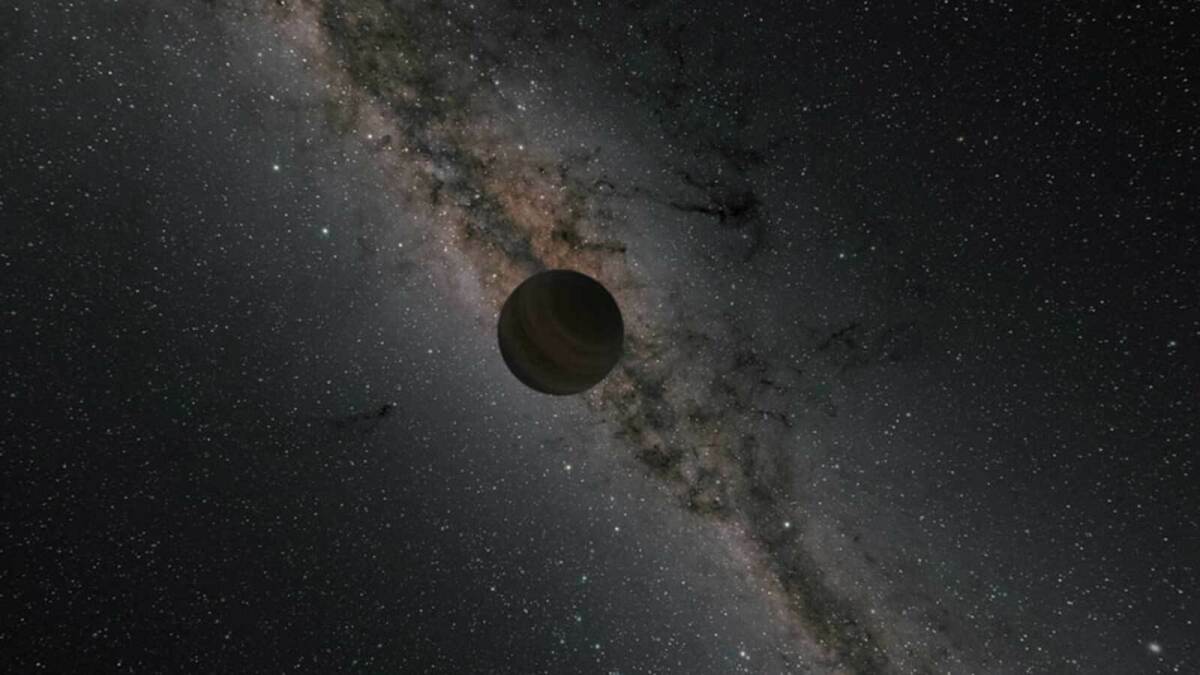So basically Planet X: 2024 is what you’re saying 🧐
And now we have plotlines for another few hundred Doctor Who episodes!
Imagine that happening to our planet. How terrifying.
Does anyone have an idea if this is anywhere near the mass needed to account for “dark matter”? It sounds like something that (if true) would at least change the math a bit… ?
Does anyone have an idea if this is anywhere near the mass needed to account for “dark matter”?
It’s not, unfortunately. In the context of dark matter, objects like this are referred to as “MACHOs” (or Massive Compact Halo Objects). These have been considered as a possible solution to the dark matter problem for decades, but sky surveys have failed to find them in sufficient numbers to account for even a fraction of the missing mass.
Another important consideration is where these object are in the galaxy. We know that dark matter mostly exists in an extended shell (usually referred to as a halo — hence the H in MACHO) that surrounds the galaxy, rather than being embedded inside it. Rogue planets are expected to be intermixed with the rest of the “light matter” in the galaxy, rather than distributed in this extended halo region.
my first idea too! chatGPT refuse to consider that rogue planets can be dark matter, so it wont give me the amount of rogue planets we need to account for dark matter gravity





